Kidney Stone prevention
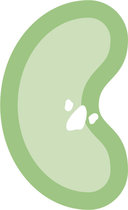
The medical term for kidney stones is nephrolithiasis. The medical term for stones occurring in the urinary tract is urolithiasis.
Kidney stones are small, hard mineral deposits that form in the kidney. They may stay in the kidney or travel down the urinary tract. Sometimes a stone will get stuck in the urinary tract.
This blocks the flow of urine and can cause a lot of pain.
High blood pressure, diabetes and obesity
may increase your chance of developing a kidney stone. Kidney stones are also known to run in the family. If you have other family members who have or have had kidney stones, you may also have a chance of developing one.
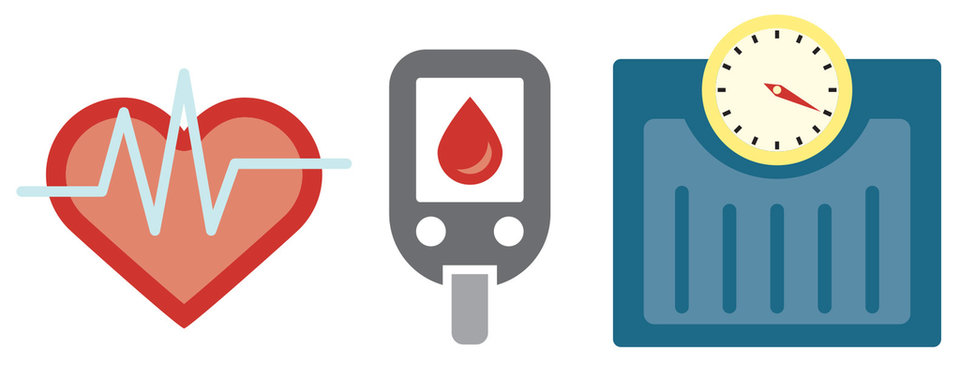
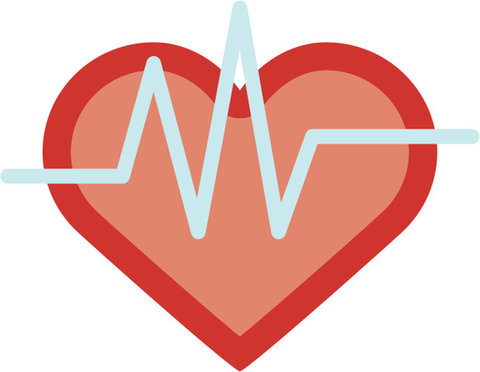
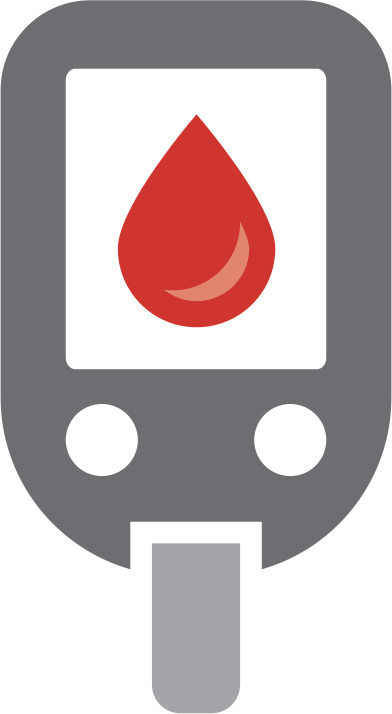
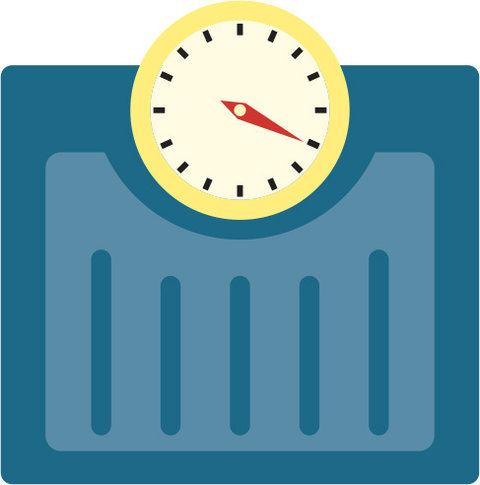
There are four types of kidney stones:
Calcium-oxalate stones (the most common type), can be caused by foods with salt or oxalates, some medicines, genetics and other kidney problems
Struvite stones, affect women more than men, can grow very large and are often linked to recurring urinary tract infections
Uric acid stones, may be caused by eating too much animal protein or by genetics
Cystine stones are very rare, caused by a genetic kidney disease called cystinuria

1
IN
10
people will have a kidney stone at some point in their life
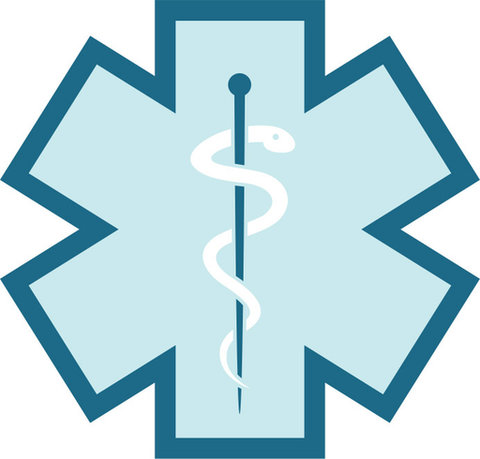
Each Year more than
500,000 People
go to the emergency room because of kidney stones.
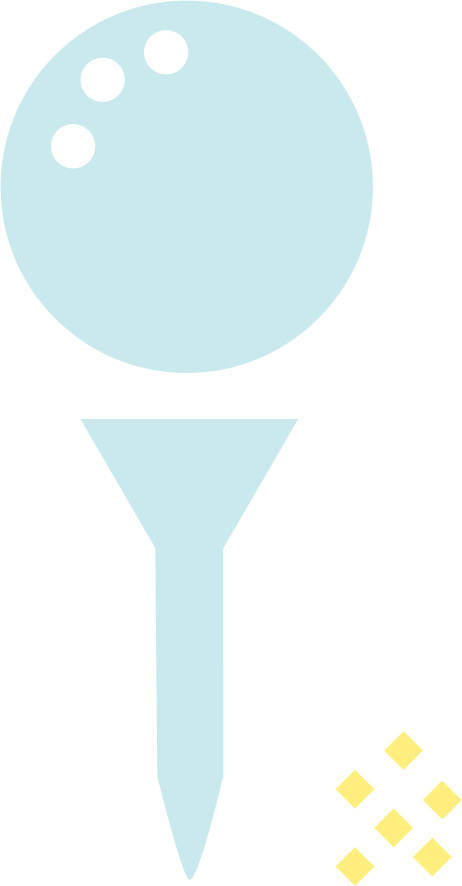
Kidney stones can be as small as a grain of sand or as large as a golf ball. The largest kidney stone on record weighed in at nearly 2.5 pounds and was removed from a Hungarian man.
Tips to prevent kidney stones:

Increase your daily water intake (strive for six to eight, 8-ounce glasses per day)
Reduce the amount of salt in your diet
Reduce the amount of animal protein (red meat, pork, etc.) in your diet
Avoid stone-forming foods such as: beets, chocolate, spinach, rhubarb, tea, and most nuts, which are rich in oxalate - also avoid colas which are rich in phosphate and can contribute to kidney stones
- Get the recommended amount of calcium - talk with your health care provider or dietitian about whether you need supplements

½
of all people who get a stone will form another one. Watching your diet can help prevent any more stones.
Changing your diet and increasing fluids may not be enough to stop stones from forming. Your health care provider may prescribe you medicine to prevent more stones from forming.
For more information on kidney stones,
visit the Urology Care Foundation’s website: UrologyHealth.org
UrologyHealth.org | SUMMER 2017 | UROLOGYHEALTH extra